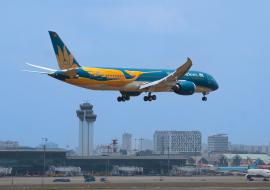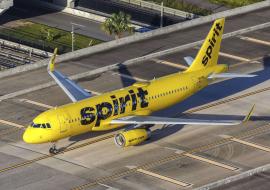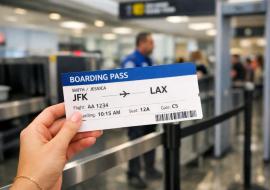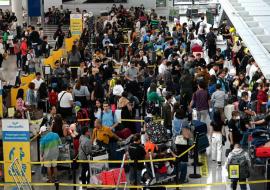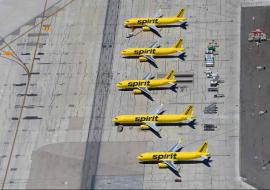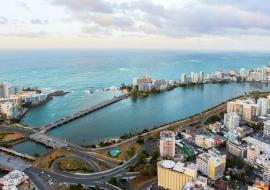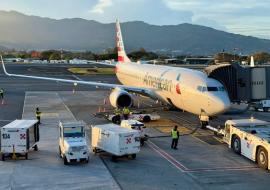New Trump Visa Restrictions Generate Uncertainty for U.S.-Cuba Flights
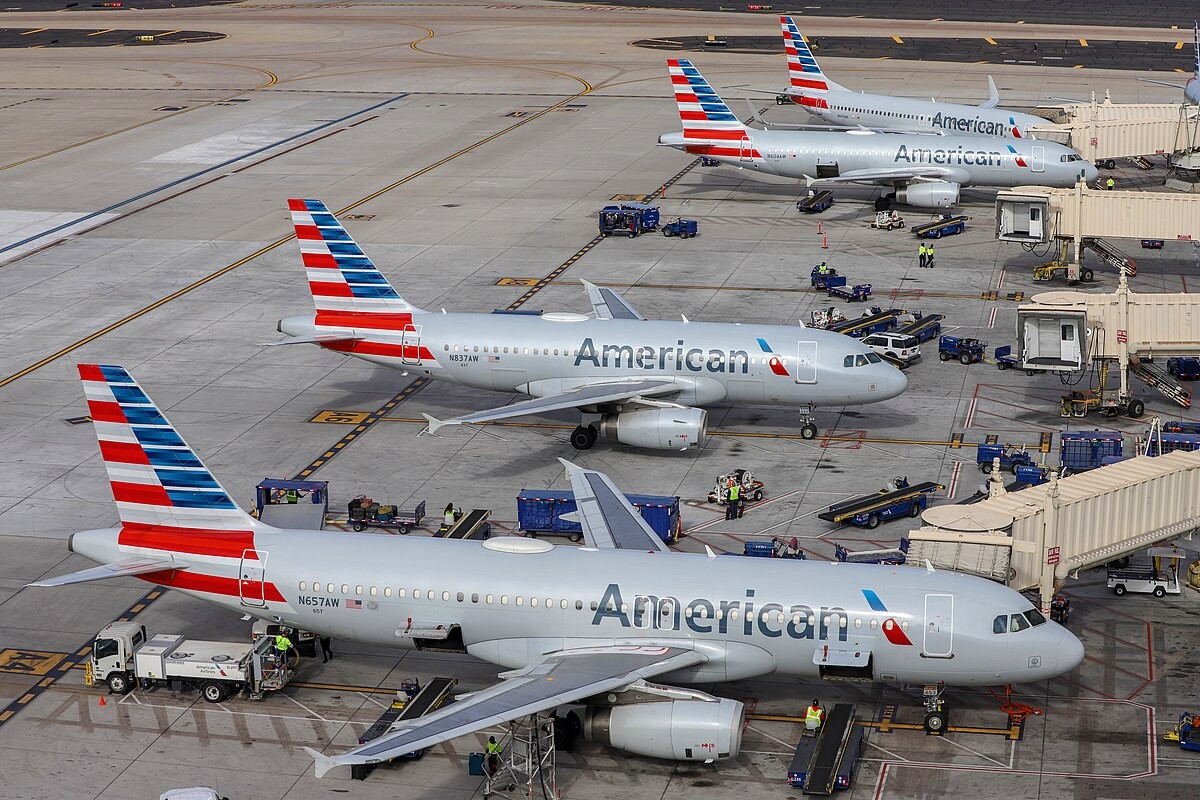
A new proclamation by former President Donald Trump has sparked concerns across the airline industry by introducing tighter visa restrictions for citizens of several countries, including Cuba. The policy could directly impact travel demand and potentially lead to reduced air service between the island and the United States.
While other nations included in the measure, such as Burundi and Laos, do not currently operate air routes to the U.S., Cuba maintains a robust air connection with more than 12,800 scheduled flights and over 2 million seats available in 2025, according to data from aviation analytics firm Cirium. Flight activity between the two countries peaks in March and December, reflecting periods of highest travel demand.
American Airlines is the leading U.S. carrier in Cuba, with more than 9,300 flights scheduled and approximately 1.46 million seats offered this year. Operating out of Miami International Airport, the airline serves six Cuban cities: Havana, Camagüey, Holguín, Santiago de Cuba, Santa Clara, and Varadero. Its expanded presence was facilitated by policy relaxations under the Biden administration.
Other major U.S. airlines flying to Cuba include Southwest Airlines, with more than 1,450 flights between Tampa and Havana; Delta Air Lines, with 1,460 flights between Miami and Havana; and United Airlines, which offers 626 flights from Houston. However, carriers like JetBlue, Delta, and United had already reduced or discontinued some Cuba routes in 2023, citing falling demand following previous regulatory changes.
The renewed Trump policy could further strain air connectivity between the U.S. and Cuba, particularly if it makes it even harder for Cuban travelers to obtain visas. Airlines may be forced to reduce capacity again if passenger volumes follow past downward trends.
In the case of Haiti, also listed among countries subject to a full visa suspension, the outlook is even more critical. Since 2023, when three planes came under gunfire at Port-au-Prince airport, the FAA banned all U.S. flights to Haiti. Currently, Sunrise Airways is the only active operator, flying between Cap-Haïtien and Miami, with 1,078 scheduled flights and capacity for 171,840 passengers.
For now, U.S. carriers continue operating to Cuba under the more lenient conditions inherited from the Biden era. However, that landscape could shift swiftly if the new restrictions trigger a sharp drop in travel demand.
Although the full impact of the policy remains uncertain, the airline industry is closely monitoring developments, evaluating potential repercussions on route profitability and the long-term feasibility of maintaining service to a destination marked by growing instability.








